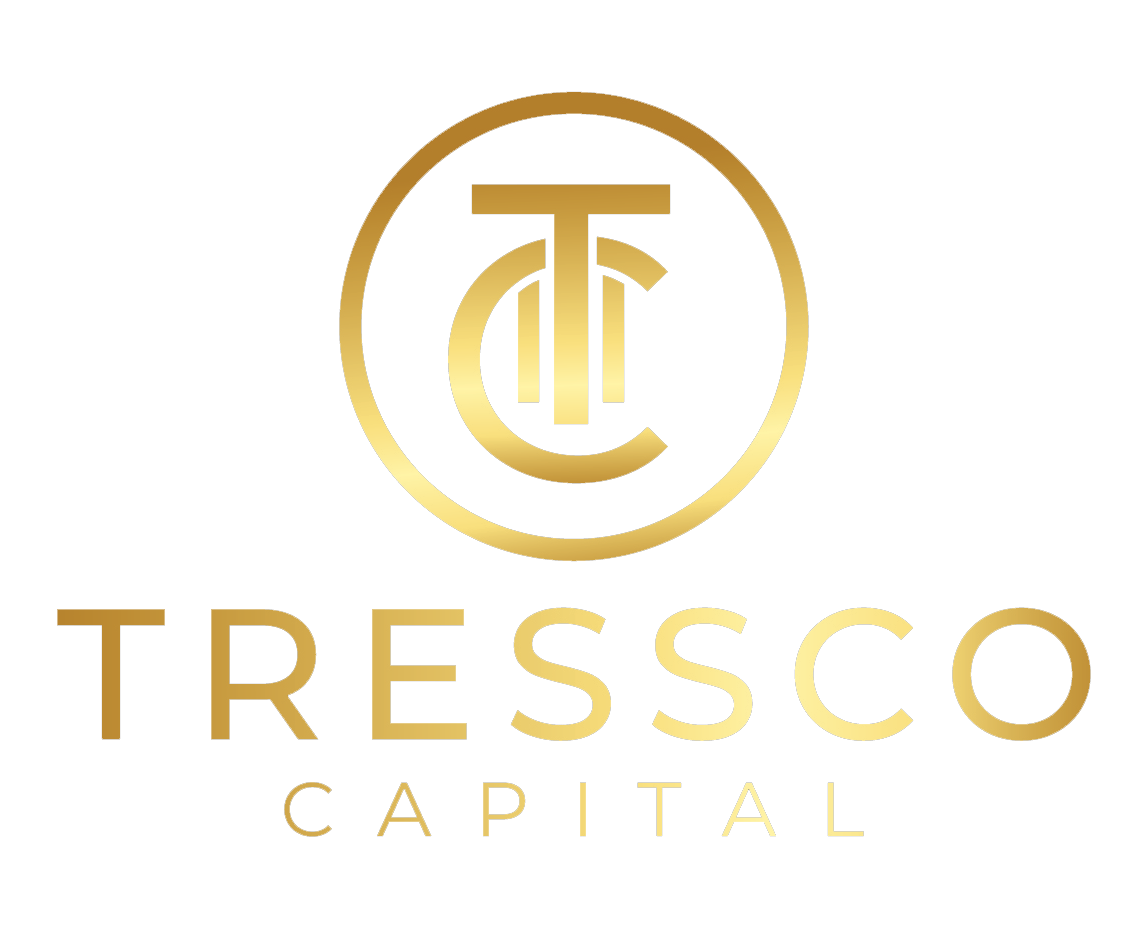What Does It Mean to Be an Accredited Investor for 506(c) and 506(b) Offerings?
If you’re considering investing in private securities offerings, particularly those under Regulation D Rule 506(c) or 506(b), you may have encountered the term “accredited investor.” This designation is crucial for participating in certain investment opportunities, as defined by the U.S. Securities and Exchange Commission (SEC). Let’s break down what it means to be an accredited investor and how it applies to 506(c) and 506(b) offerings.
Definition of an Accredited Investor
The SEC defines an accredited investor as an individual or entity that meets specific financial criteria or possesses certain professional qualifications. As of 2020, the SEC expanded the definition to include more categories of eligible investors [3]. Here are the primary ways to qualify:
For Individuals:
1. Income Threshold: An individual with an annual income exceeding $200,000 (or $300,000 combined with a spouse or spousal equivalent) for the last two years, with a reasonable expectation of maintaining the same income level in the current year[2][3].
2. Net Worth: A person with a net worth over $1 million, either individually or jointly with a spouse or spousal equivalent, excluding the value of their primary residence[2][3].
3. Professional Certifications: Individuals holding certain professional certifications, designations, or credentials in good standing, such as Series 7, 65, or 82 licenses[2][3].
For Entities:
- Organizations with assets exceeding $5 million, not formed specifically to purchase the offered securities [3].
- Entities where all equity owners are accredited investors [3].
- Certain financial professionals and institutions, including registered investment advisors and broker-dealers [2].
Accredited Investors in 506(c) and 506(b) Offerings
Understanding the role of accredited investors in 506(c) and 506(b) offerings is crucial for both investors and issuers:
Rule 506(c) Offerings:
- Investor Eligibility: Only accredited investors can participate [4].
- Verification Requirement: Issuers must take “reasonable steps” to verify the accredited status of all investors [4].
- General Solicitation: Allows for general solicitation and advertising of the offering [4].
Rule 506(b) Offerings:
- Investor Eligibility: Can include up to 35 non-accredited but sophisticated investors, in addition to an unlimited number of accredited investors [5].
- Self-Certification: Investors can self-certify their accredited status [4].
- No General Solicitation: Prohibits general solicitation or advertising of the offering [5].
Why It Matters
The accredited investor designation is designed to protect individuals who may not have the financial sophistication or resources to evaluate and bear the risks associated with complex, unregistered securities offerings [3]. For 506(c) offerings, which allow for general solicitation, the stricter requirement of only accepting accredited investors and verifying their status adds an extra layer of investor protection.
Recent Changes and Future Outlook
The SEC’s 2020 amendments to the accredited investor definition aimed to expand investment opportunities while maintaining investor protection. These changes recognized that financial sophistication can be demonstrated through professional knowledge and experience, not just wealth [2].
As the investment landscape continues to evolve, it’s possible that further adjustments to the accredited investor definition may occur. Investors and issuers should stay informed about any updates to SEC regulations that might affect their eligibility or compliance requirements.
In conclusion, understanding your status as an accredited investor is crucial when considering participation in 506(c) or 506(b) offerings. If you’re unsure about your eligibility, consult with a financial advisor or legal professional who can provide guidance based on your specific circumstances.
Remember, while being an accredited investor opens doors to potentially lucrative investment opportunities, it’s always important to conduct thorough due diligence and carefully consider the risks involved in any investment decision.
Citations:
[1] https://www.sec.gov/resources-small-businesses/capital-raising-building-blocks/accredited-investor
[2] https://www.investopedia.com/terms/a/accreditedinvestor.asp
[3] https://www.investor.gov/introduction-investing/general-resources/news-alerts/alerts-bulletins/investor-bulletins/updated-3
[4] https://carta.com/learn/private-funds/regulations/regulation-d/506b-vs-506c/
[5] https://www.investor.gov/introduction-investing/investing-basics/glossary/rule-506-regulation-d
[6] https://www.ottenjohnson.com/news/expanding-investment-opportunities-the-sec-s-updated-definition-of-an-accredited-investor/

